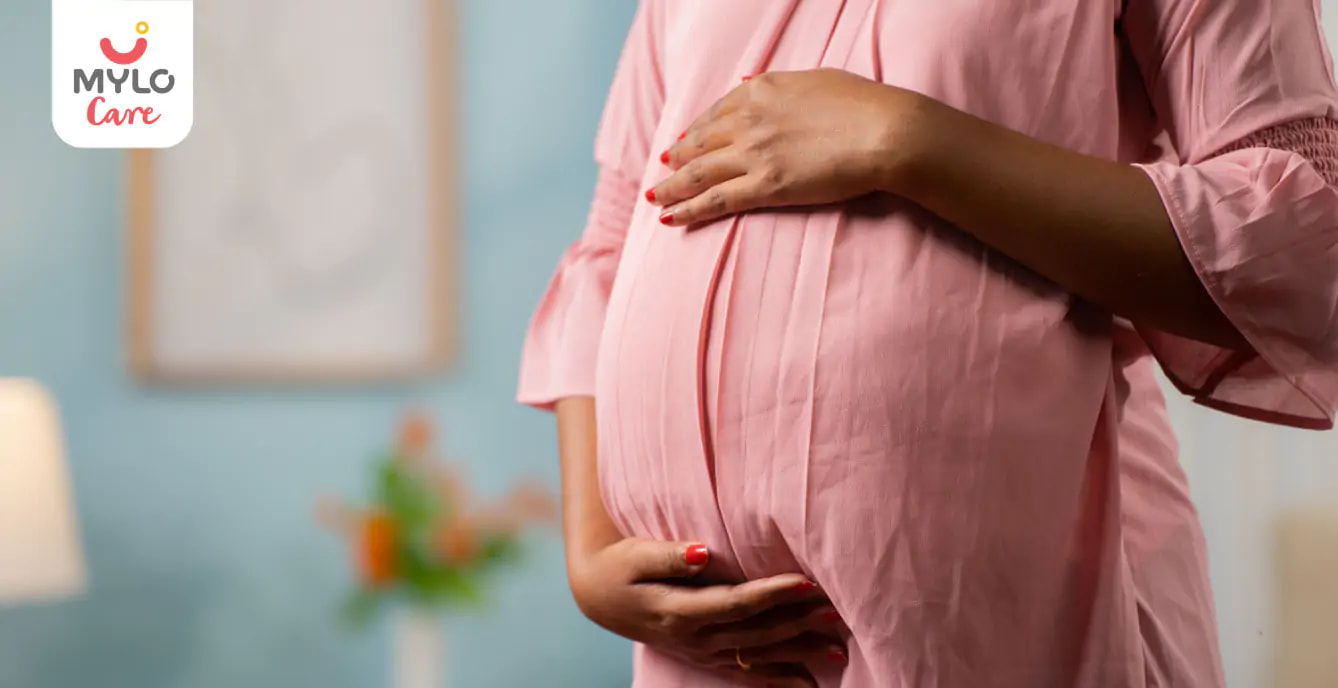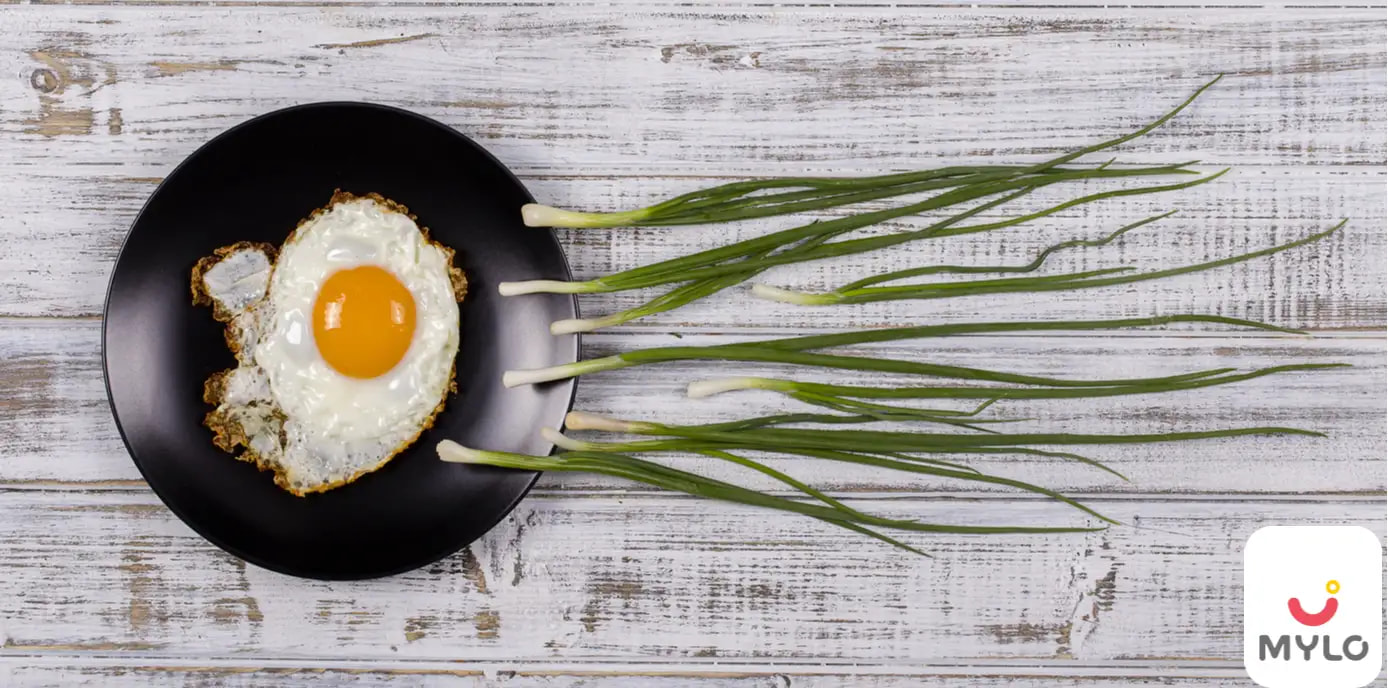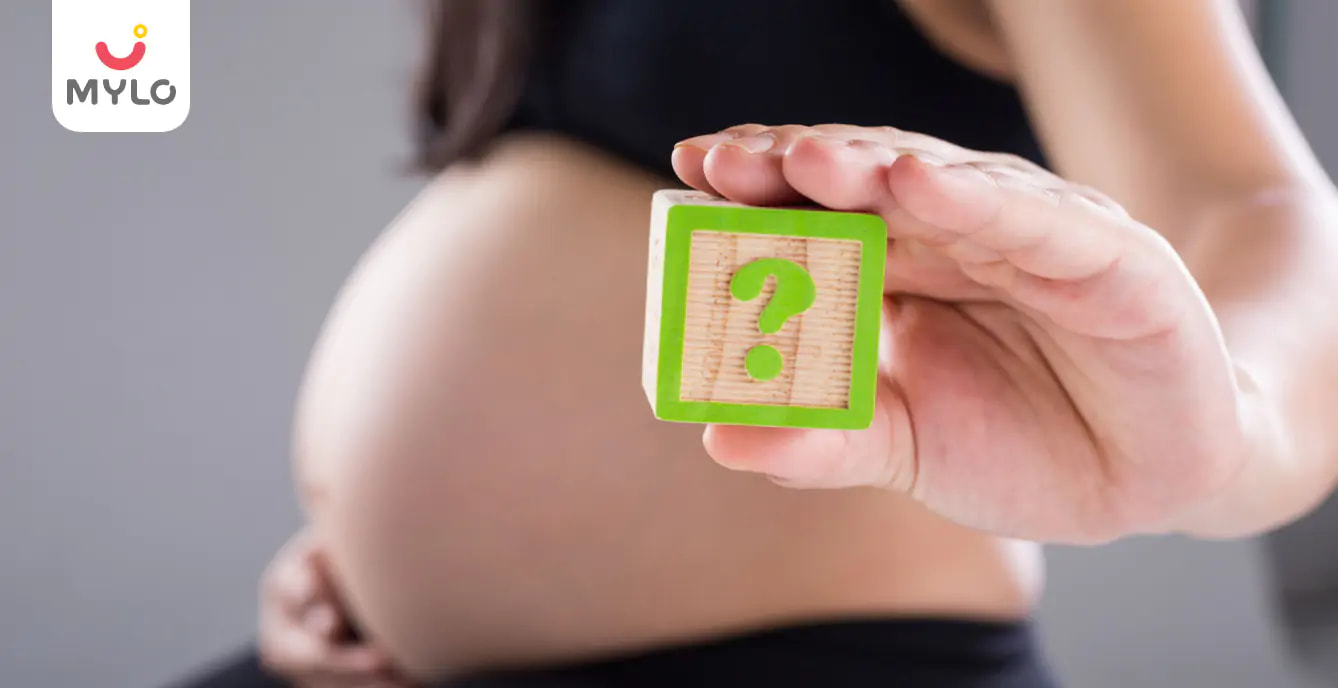Home

Vaginal Bleeding

When Will My Menstrual Cycle Resume After Pregnancy?
In this Article
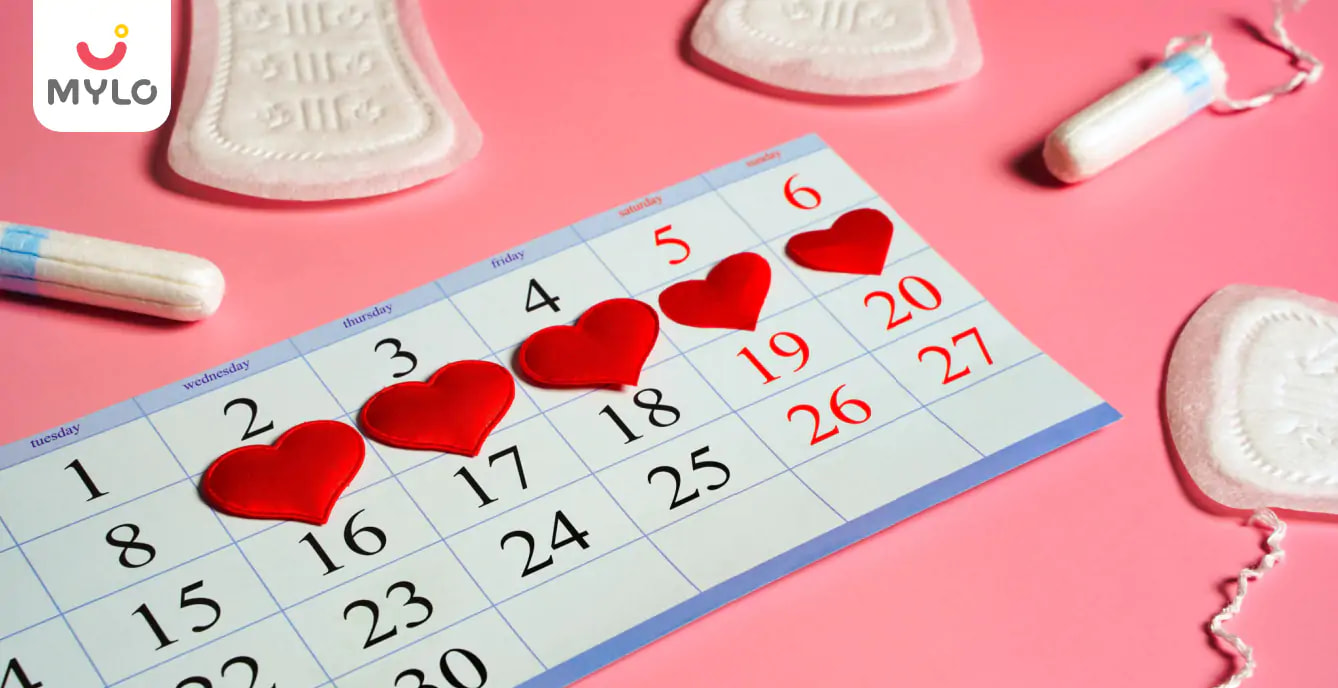
Vaginal Bleeding
When Will My Menstrual Cycle Resume After Pregnancy?
Updated on 3 November 2023
Pregnancy is an amazing time in a couple's life, but it can also be a time of many questions. One question that new mothers have is “When will my menstrual cycle resume after pregnancy?” It’s a valid question and one that doesn’t have a straightforward answer. We list in this blog everything one needs to know about periods after delivery.
An average duration of 6 to 8 weeks is normal for periods after pregnancy to resume. If the mother is not breastfeeding, their cycles will probably return to normal sooner than if they are. Most women will ovulate before their first period, so it is possible to become pregnant before their first postpartum period.
When Would I Be Able To Get Pregnant Again?
It depends on several factors, including age, health, whether they're breastfeeding, and more. However, in general, most women will see periods after pregnancy within a few months of giving birth. If someone is hoping to become pregnant again soon after delivery, it is recommended to talk to a healthcare provider about the best way to make that happen.
What Will My First Period After Pregnancy Be Like?
If someone has given birth vaginally, they're likely to have their first period after pregnancy within six to eight weeks postpartum. If you've had a C-section, it may take a little longer—anywhere from 10 to 16 weeks.
Also read: First Period After C Section: How Long Does It Last
The first postpartum period may be heavier and more intense than the pre-pregnancy period. This is because the body is shedding not only the lining of the uterus (endometrium) but also extra blood and tissue that built up in the uterus during pregnancy.
Will My Period Affect My Breast Milk?
The period after pregnancy will resume within a few weeks after a woman gives birth, although it may take longer if they are breastfeeding. Breastfeeding can delay the return of the period by suppressing ovulation. If the woman is not breastfeeding, her period may return as early as four to six weeks postpartum.
The main concern with periods while breastfeeding is that they can affect their breast milk supply. When someone has their period, their body sheds the uterine lining that contains blood and tissue. This process can cause hormonal changes that can lead to a decrease in milk production. The breasts may feel fuller and heavier just before the period starts and then become less full once their period begins.
How Might My Period Be Different Postpartum?
There are a few ways that period might be different postpartum. One is that it may be heavier than usual. This is because, during pregnancy, the body produces more progesterone, which thickens the lining of the uterus. Another difference is that it may last longer than usual. This is because, during pregnancy, the body also produces more estrogen, which extends the length of the cycle. Finally, women may experience more cramping than usual. This is because, during pregnancy, the body produces more relaxin, which loosens the ligaments in the pelvis and allows the baby to pass through more easily.
Also read: Postpartum Complications: Everything You Need to Know
What Should I Expect From My First Period Postpartum?
It is normal for the periods after delivery to be irregular for several months. It may take some time for the body to adjust to its new hormone levels. For some women, periods may not return at all, especially if they're breastfeeding.
If the period after delivery does return, it will probably be different from what someone is used to. Postpartum bleeding may last longer than the usual period, and it may be heavier or lighter. You may also have spotting or bleeding between periods.
What Postpartum Symptoms Should I Watch Out For?
We have already answered the question: When do periods start after delivery? Now we look into postpartum symptoms that you should watch out for:
1. Bleeding
It's normal to have some vaginal bleeding for up to six weeks after giving birth. This is called lochia and is similar to a heavy period. Lochia usually starts bright red and then turns pink or brown over time.
2. Cramping
Women may experience cramps in their uterus (womb) as it contracts back to its pre-pregnancy size. These cramps are often mild and can be relieved with over-the-counter painkillers like ibuprofen or paracetamol.
3. Discharge
It's normal to have an increase in vaginal discharge for up to six weeks after giving birth.
You may also like: When Is the Best Time to Plan For Postpartum Weight Loss?
Does Breastfeeding Affect My Periods?
It is common for a woman’s menstrual cycle to change during periods after delivery. It is also common for a woman to stop having her period altogether while she is breastfeeding. This is because the hormone that signals the body to make breast milk, prolactin, also suppresses ovulation. So, if a woman is exclusively breastfeeding (meaning the baby is getting all of his or her nutrition from her breast milk), she may not have a period.
If you found this blog on periods after delivery helpful, visit Mylo Family's website for more parenting, baby care, and lifestyle blogs.
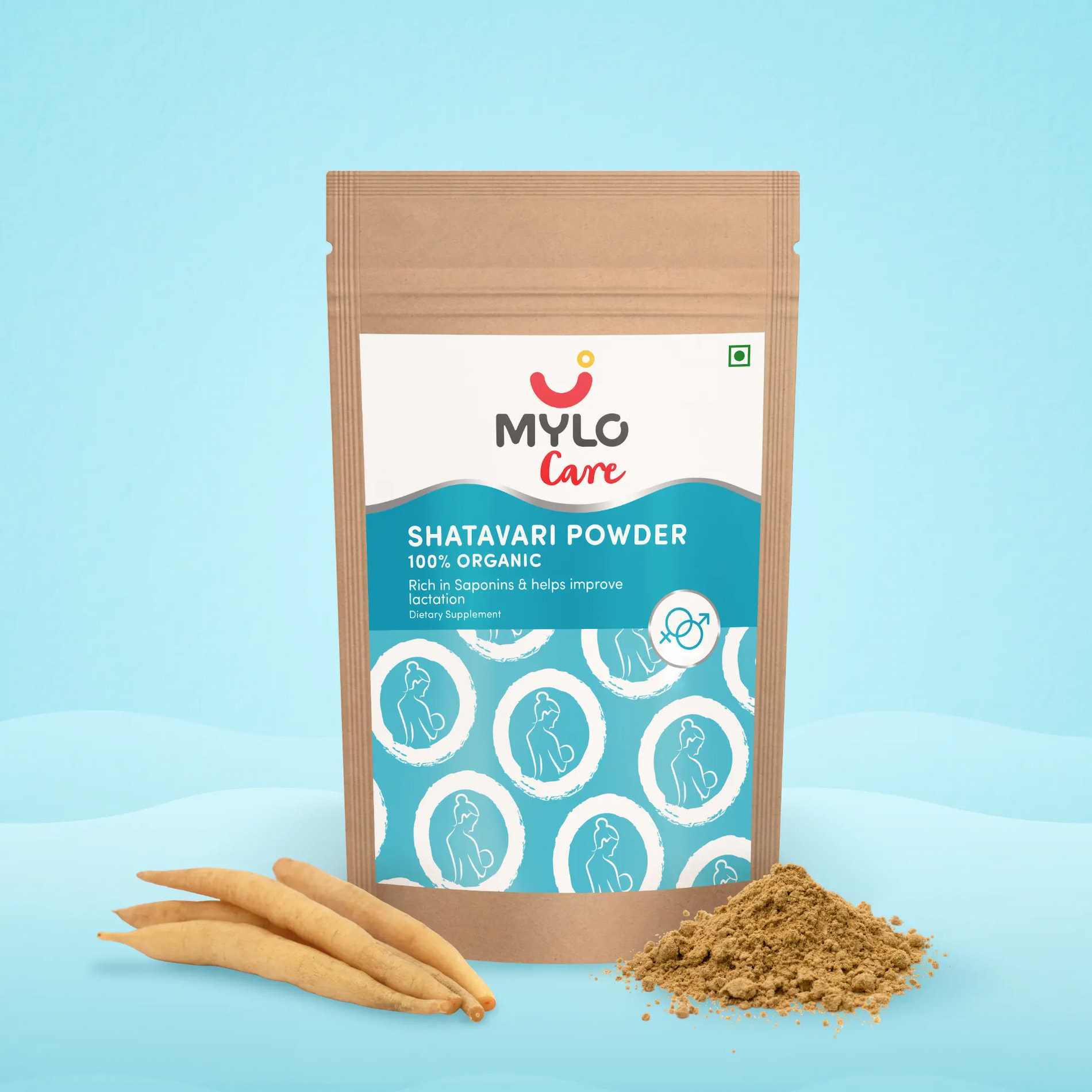
Shatavari Powder - 100 gm
Improves Lactation | Promotes Hormonal Balance | Relieves Stress & Anxiety | Clinically Tested
₹ 215

4.1
(1166)


7023 Users bought



Written by
Mittali Khurana
Mittali is a content writer by profession. She is a dynamic writer with 04+ years of experience in content writing for E-commerce, Parenting App & Websites, SEO.
Read MoreGet baby's diet chart, and growth tips

Related Articles
RECENTLY PUBLISHED ARTICLES
our most recent articles

Diet & Nutrition
গর্ভাবস্থায় আলুবোখরা: উপকারিতা ও ঝুঁকি | Prunes During Pregnancy: Benefits & Risks in Bengali

Diet & Nutrition
গর্ভাবস্থায় হিং | ঝুঁকি, সুবিধা এবং অন্যান্য চিকিৎসা | Hing During Pregnancy | Risks, Benefits & Other Treatments in Bengali

Women Specific Issues
স্তনের উপর সাদা দাগ: লক্ষণ, কারণ এবং চিকিৎসা | White Spots on Nipple: Causes, Symptoms, and Treatments in Bengali

Diet & Nutrition
গর্ভাবস্থায় পোহা: উপকারিতা, ধরণ এবং রেসিপি | Poha During Pregnancy: Benefits, Types & Recipes in Bengali

Diet & Nutrition
গর্ভাবস্থায় মাছ: উপকারিতা এবং ঝুঁকি | Fish In Pregnancy: Benefits and Risks in Bengali

Diet & Nutrition
গর্ভাবস্থায় রেড ওয়াইন: পার্শ্ব প্রতিক্রিয়া এবং নির্দেশিকা | Red Wine During Pregnancy: Side Effects & Guidelines in Bengali
- ইনার থাই চ্যাফিং: কারণ, উপসর্গ এবং চিকিৎসা | Inner Thigh Chafing: Causes, Symptoms & Treatment in Bengali
- গর্ভাবস্থায় ব্রাউন রাইস: উপকারিতা ও সতর্কতা | Brown Rice During Pregnancy: Benefits & Precautions in Bengali
- Velamentous Cord Insertion - Precautions, Results & Safety
- Unlock the Secret to Flawless Skin: 7 Must-Have Qualities in a Face Serum
- Unlock the Secret to Radiant Skin: How Vitamin C Serum Can Transform Your Complexion
- Gender No Bar: 10 Reasons Why Everyone Needs a Body Lotion
- Unlock the Secret to Radiant Skin How to Choose the Perfect Body Lotion for Your Skin Type
- Top 10 Reasons to Apply a Body Lotion After Every Bath
- Communication in Toddlers: Milestones & Activities
- How to Improve Vocabulary for Toddlers?
- A Comprehensive Guide to Understanding Placenta Accreta
- Vulvovaginitis in Toddlers Causes, Symptoms and Treatment
- A Comprehensive Guide to Understanding Cerebral Palsy in Children
- Bitter Taste in Mouth During Pregnancy: Understanding the Causes and Remedies


AWARDS AND RECOGNITION

Mylo wins Forbes D2C Disruptor award

Mylo wins The Economic Times Promising Brands 2022
AS SEEN IN

- Mylo Care: Effective and science-backed personal care and wellness solutions for a joyful you.
- Mylo Baby: Science-backed, gentle and effective personal care & hygiene range for your little one.
- Mylo Community: Trusted and empathetic community of 10mn+ parents and experts.
Product Categories
baby carrier | baby soap | baby wipes | stretch marks cream | baby cream | baby shampoo | baby massage oil | baby hair oil | stretch marks oil | baby body wash | baby powder | baby lotion | diaper rash cream | newborn diapers | teether | baby kajal | baby diapers | cloth diapers |




